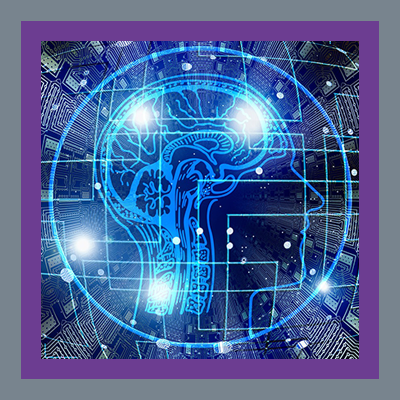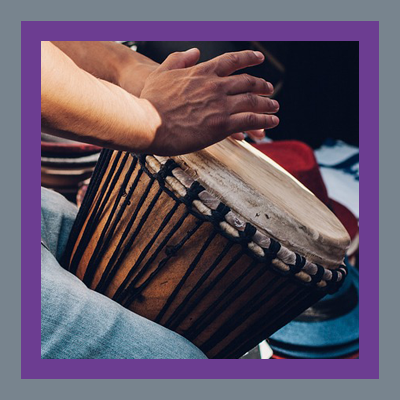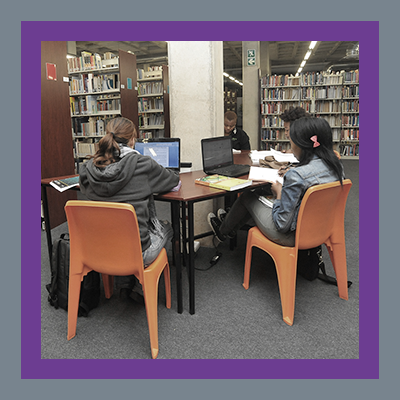Unit for Data Science and Computing

The Research Unit for Data Science and Computing focuses on applied research in the broad areas of financial risk management and telecommunications applications modelling and basic research in the mathematical, economical and computational sciences. The applied research is done in close collaboration with partners from the two sectors.
Director: Prof Magda Huisman
Research Unit for Law, Justice and Sustainability

This is a single research unit for the entire faculty of law at the NWU, the overarching focus is the relationship between law, sustainability (which speaks to the balance between social, economic and environmental interests) and the notion of justice (which speaks to a new constitutional dispensation and a responsiveness to people’s needs, which is aimed at transformative justice).
Director: Prof Marita Carnelley
Research Unit: Education and Human Rights in Diversity (Edu-HRight)

The Education and Human Rights in Diversity Research Unit (Edu-HRight) was established in 2013 with the main focus on human rights implementations in education, from pre-primary school to higher education. One primary focus is learners in public schools who have the right to quality education in South Africa, to be taught by motivated teachers and to enroll at well-functioning public schools.
Director: Prof Johan Botha (acting)
Unit for Energy and Technology Systems

The Unit for Energy and Technology Systems (UETS) strives to be recognised as a centre of expertise for research in and development of energy and technology systems that are relevant to society, the environment and the country.
Director: Prof Liezl van Dyk
Unit for Environmental Sciences and Management (UESM)

UESM is an internationally recognised and the top research centre of excellence in environmental sciences in South Africa. The whole idea of UESM is the optimal utilisation of natural resources within the limitations of ecosystem resilience in order to restore and protect nature and people throughout the world.
Director: Prof Carlos Bezuidenhout
Unit for Language and Literature in the South African Context (LLSAC)

This research unit focuses on specific aspects of linguistics, applied linguistics, language technology and literature in its research. It has embarked on a strategic initiative to promote the introduction of Digital Humanities (DH), a relatively new field of research and teaching. It has a crucial role to play in increasing relevance and use of advanced technology-related methods in arts and humanities research.
Director: Prof David Scott-Macnab
Unit for Reformational Theology and the Development of the South African Society

URT is a reformative theology research field that holds to the authority of Scripture, the sovereignty of God, salvation by grace through Christ, and the necessity of evangelism. URT contributes to important debates like corruption, sexism, hate speech, racism, migration, and xenophobia in order to encourage development within the South African society and in the rest of the world. URT’s foundation is built on the reformational paradigm that includes the practice of Biblical theology and follows a holistic approach when it comes to society, which means that they have a Christian perspective and contribute to the bigger voice of South Africans.
Director: Prof Ferdi Kruger
Tourism Research in Economic Environs and Society (TREES)

TREES is a leading tourism research entity that is making a contribution to reducing the scarce skills in tourism research in South Africa and sub-Saharan Africa (through post-graduate studies), as well as growing the field of knowledge through published research specifically focused on three pillars namely; economics, environs, and society. We identify and implement most of our research at events, local regional authorities, resorts, conservation activities, game farms, and South Africa as a destination like Oppikoppi Arts Festival, Aardklop, Cape Town Cycling Tour, Southern Sun, North West Department of Agriculture and Conservation.
Director: Prof Elmarie Slabbert
Africa Unit for Transdisciplinary Health Research (AUTHeR)

AUTHeR has a strong focus on health promotion, especially on African people in informal settlements. By taking a holistic look at the environment, we can develop realistic and sustainable solutions for health issues in the community. We work together with a variety of different sciences and their research to identify complicated problems in communities and to find solutions to these problems. Medici, psychology, health scientists, social workers and more experts from various disciplines take hands to do in-depth research to discover and develop solutions for complicated health issues.
An example of such health issues in South Africa is the multiple diagnoses of diabetes under the community. But we have found that it is impossible to only address the treatment of diabetes and expect the patient to understand and use the treatment as prescribed, without taking into consideration other aspects such as a possibility of HIV, poverty, or illiteracy.
Director: Prof Petra Bester
WorkWell: Research Unit for Economic & Management Sciences

In WorkWell, the emphasis is on research and postgraduate education in the field of the economic and management challenges facing South Africa in particular, and Africa in general. The focus is on the identification and development of policies, measures and decision-support methodology to ultimately optimise utilisation of organisational resources such as information, people, finances and management while maintaining a focus on issues of diversity and a developing economy.
Director: Prof Leon de Beer
Research Unit: Self-Directed Learning (SDL)

In the current day and age, where half of what students learn in their first year of studies is already outdated in their third year, the focus needs to be less on what is taught and more on how to learn and how to develop 21st-century skills. More importantly, students and scholars alike need to acquire the skills and knowledge to address their own learning needs.
At SDL, our mission is to develop self-directed learners who can adapt to new situations and are equipped with the necessary skills and abilities to take responsibility for their own learning. Equipping learners with these skills contribute greatly to them growing to become life-long learners.
By using different active teaching-learning strategies (such as problem-based learning, cooperative learning, and case-based learning) students learn to recognise problems, develop possible solutions and apply the most suitable solution to the problem. Within the self-directed learning environment which can be face-to-face, blended or multimodal, the learner becomes actively involved in their own learning, while the role of the lecturer changes from teacher and sole source of knowledge to facilitator of meaningful learning.
Director: Prof Elsa Mentz
